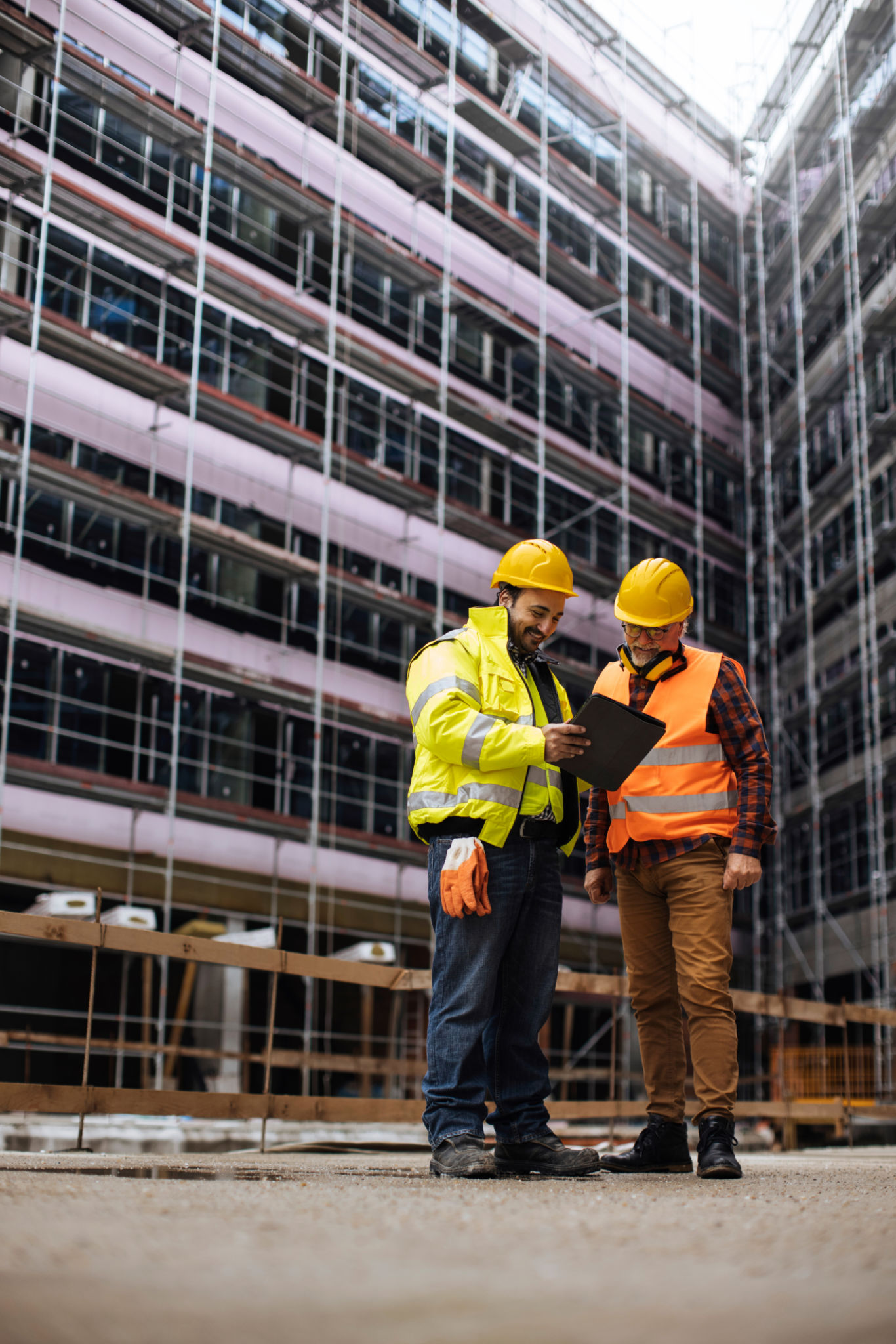Understanding Local Building Codes and Permits for Home Renovations
SH
The Importance of Understanding Local Building Codes
When embarking on a home renovation project, it is crucial to understand the local building codes and permits required. These regulations are designed to ensure safety, functionality, and compliance with the community's standards. Ignoring these codes can lead to costly fines, legal issues, and potentially unsafe living conditions.
Building codes are a set of rules that specify the minimum standards for construction. They cover various aspects, including structural integrity, fire safety, plumbing, and electrical systems. Understanding these codes helps homeowners make informed decisions during the renovation process, ensuring that their projects meet all necessary requirements.

Types of Permits Needed for Renovations
Before starting any renovation, it's essential to determine the types of permits required for your specific project. Generally, permits are needed for projects that involve significant changes to the structure or systems of your home. This can include:
- Structural changes, such as adding or removing walls.
- Electrical work or rewiring.
- Plumbing modifications.
- HVAC system installations or modifications.
Obtaining the correct permits ensures that your renovation is inspected and meets local building standards. It's always wise to check with your local municipality to understand the specific requirements for your area.
The Permit Application Process
The permit application process can vary depending on your location and the complexity of your project. Generally, it involves submitting detailed plans of your renovation to the local building department. These plans should outline the scope of work, materials used, and any changes to existing structures or systems.
Once submitted, your application will be reviewed by a building inspector who will assess whether your project complies with local codes. This review process can take some time, so it's important to plan accordingly and submit your application well in advance of your intended start date.

Working with Professionals
Hiring professionals who are familiar with local building codes can significantly ease the renovation process. Contractors, architects, and engineers often have extensive experience navigating these regulations and can help ensure that all necessary permits are obtained and adhered to.
When selecting a professional to work with, ensure they have a good understanding of local codes and a track record of successful projects. This expertise can save you time and stress, allowing you to focus on the creative aspects of your renovation.
Consequences of Non-Compliance
Failing to comply with local building codes can lead to several negative consequences. You might face fines or be required to undo completed work, which can be costly and time-consuming. In some cases, non-compliance can result in legal action or difficulties when trying to sell your home in the future.

Moreover, non-compliance can pose safety risks. Building codes are designed to protect homeowners from hazards such as structural failures or fires. Ensuring that your renovation meets these standards is not only a legal obligation but also a matter of personal safety.
Benefits of Compliance
Complying with local building codes and obtaining the necessary permits offers numerous benefits. It provides peace of mind knowing that your renovation is safe and up to standard. Additionally, it helps maintain the value of your property by ensuring that improvements are recognized as legitimate and compliant with current regulations.
By adhering to these requirements, you also contribute to the overall safety and aesthetic standards of your community. This compliance fosters a harmonious living environment and reflects positively on the neighborhood as a whole.
